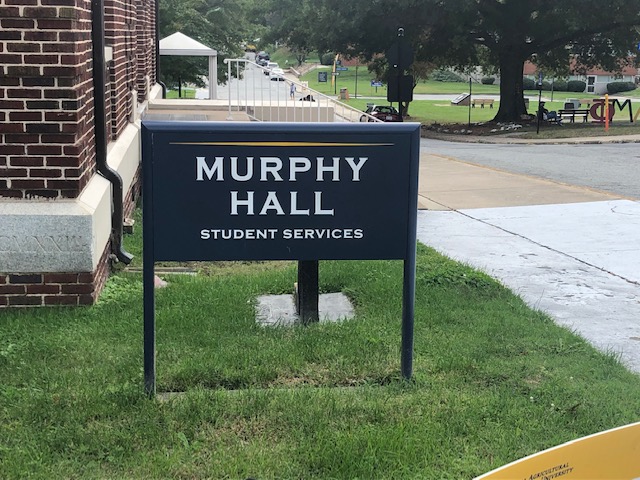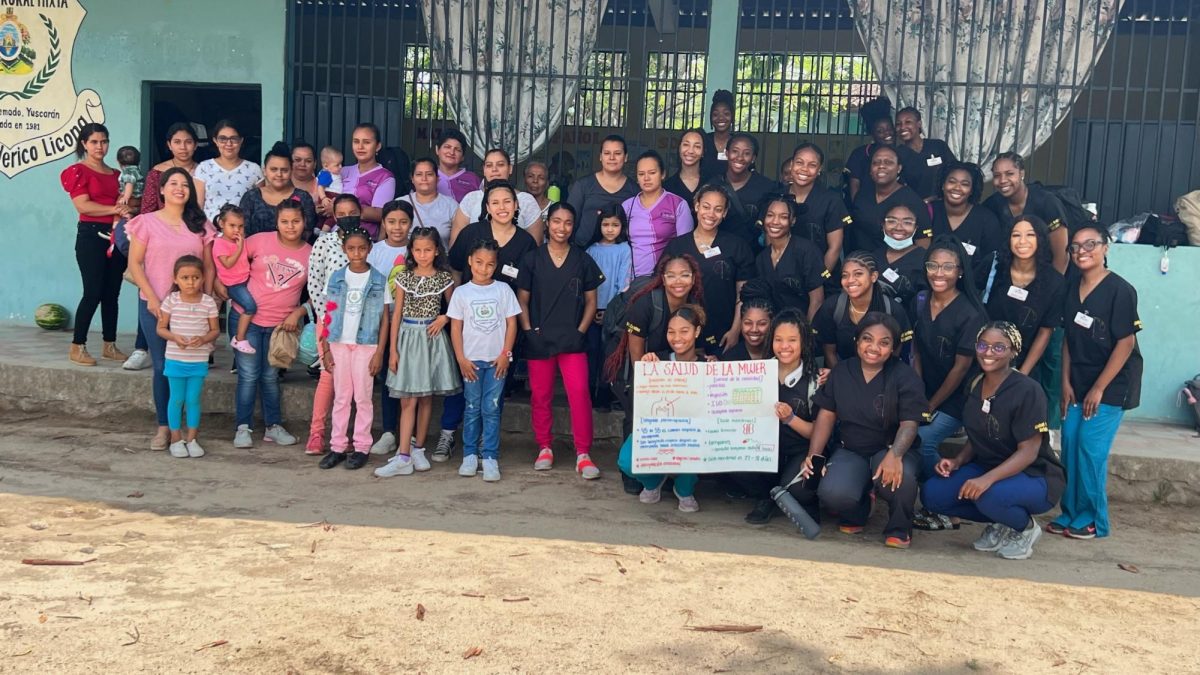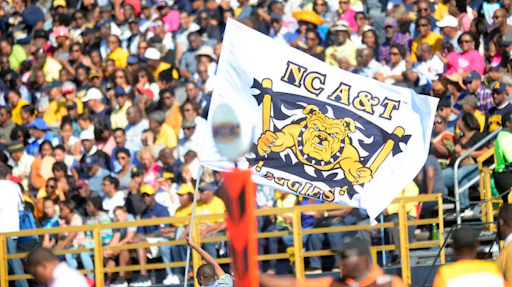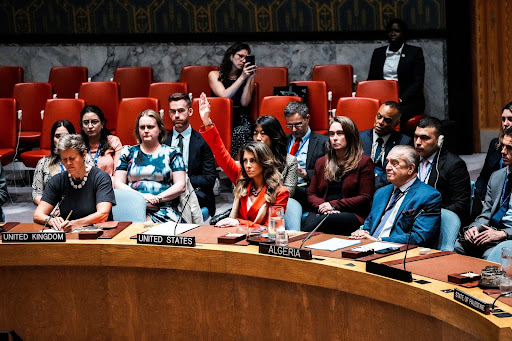N.C. A&T’s Counseling Services have been an available resource to students, normally, counseling services would provide one-on-one sessions with students in person; however, due to COVID-19, interactions have shifted to either virtual sessions or on the telephone for this semester.
Dr. Vivian D. Barnette, Executive Director of Counseling Services and a Licensed Psychologist, has been working at N.C. A&T for 13 years.
“Counseling Services is still available to you. We recognize the impact of the pandemic and we have intentionally adjusted to serve our students as seamlessly as possible,” said Dr. Barnette. “ Since March, the office has been virtual using Zoom and telephonic services. We are also on other social mediums for our outreach programs, workshops, and training.”
Counseling services’ mission is to provide assistance to students in their efforts to maneuver through N.C. A&T. The counselors have been promoting this very often due to COVID affecting students’ mental health. Barnette explained how online-counseling service is a new service for the student body.
“The on-line counseling is a new service for our student body. We have worked diligently for exceptional delivery of mental health care. Our goal is to meet each student’s need for a successful outcome and sustained mental wellbeing,” said Barnette.
Before COVID-19, counselors were located in Murphy Hall, Suite 109 which is on the south side of campus directly past Williams Dining Hall.
Currently, students can call the Counseling Center at 336-334-7727 or email at [email protected] to start the process of getting connected with a counselor for either a telephone or video call.
The new hours of operation for the Counseling Center are Monday, Wednesday, and Friday from 8 am to 5 pm, and on Tuesdays and Thursdays from 8 am to 7 pm.
The transition to online counseling has influenced 11 clinical counselors at N.C. A&T to gain new certifications in order to appropriately help students during the pandemic. One of those certifications is in Telemental Health which is online therapy.
“All our therapists have been certified in TeleMental Health services. The largest change has been the increasing number of students dealing with anxiety, depression, grief, loneliness, and trauma. The volume of calls has almost doubled in comparison to last year,” said Dr. Barnette. “The virtual meetings have some advantage as students can meet us in the comfort of their rooms or in other private settings. Students report that flexibility in scheduling has been great for them. “
In recent months, the counseling service has been able to increase specific referrals and programmings for students. The counseling office has enhanced their relationships with on and off-campus community partners like Family Justice Center, Family Services, Student Health Services, the Department of Counseling and other helpful units in Student and Academic Affairs.
“We are also offering more groups and workshops to help students manage their mental wellbeing. Other campus-wide prevention initiatives are our UMatter, Mental Health First Aid, Be the Change, and Collegiate Recovery programs,” said Dr. Barnette.
For updates on current events and mobile applications to help students learn and practice some coping strategies visit the counseling services website.
If anyone is in need of counseling or emergency support after-hours, contact University Police (UPD) at (336) 334-7675 (on-campus) or 911 (off-campus). Also, text Hi Steve to 741-741 for help, or contact the National Suicide Prevention Lifeline for assistance at 1.800.273.TALK.







